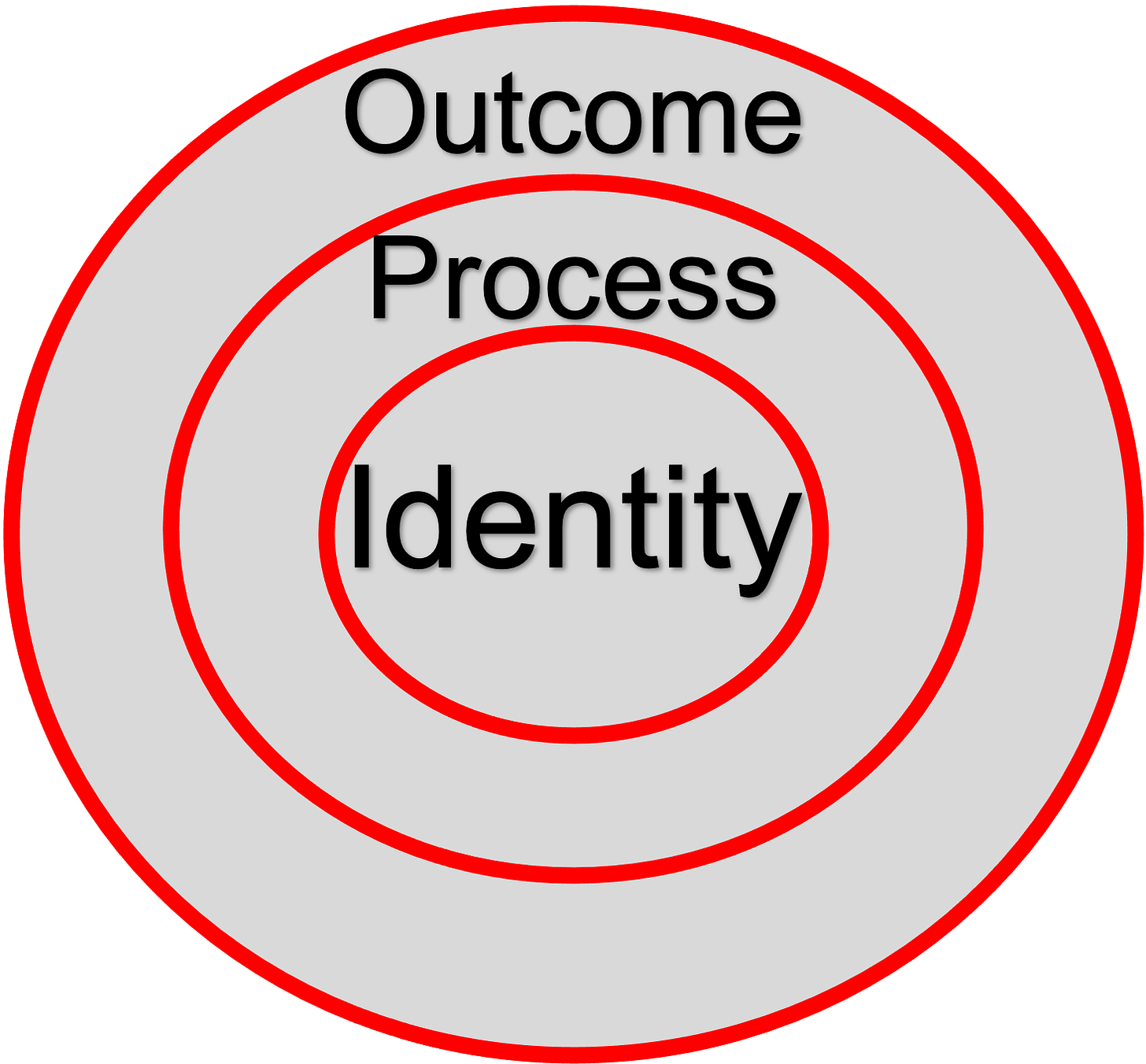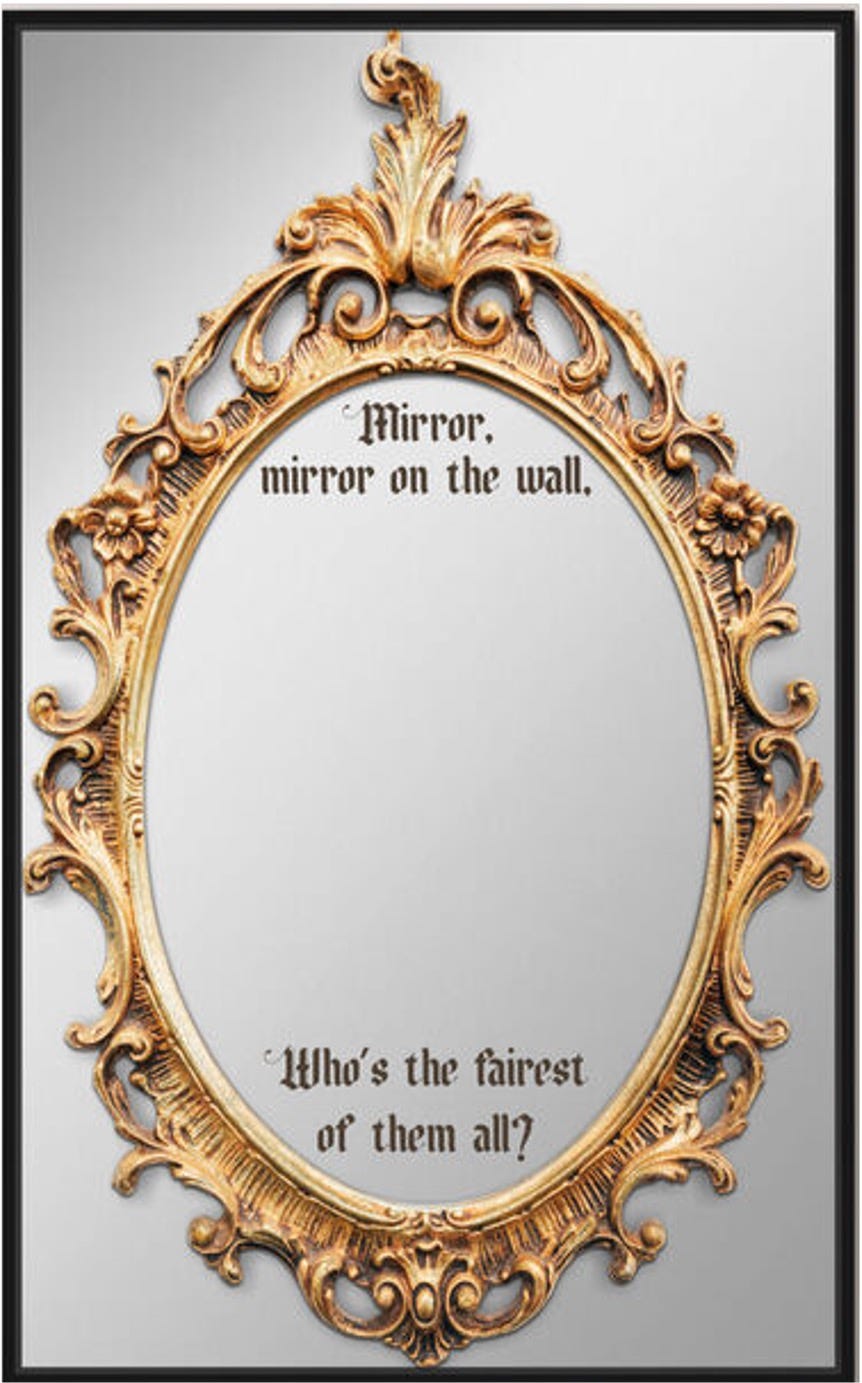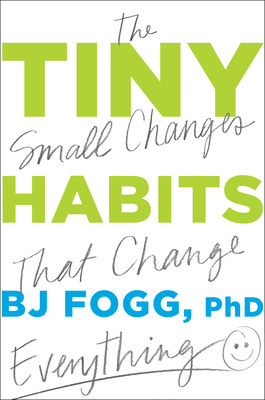Think.
Ok, before you sic the cyber-crimes squad on me, we’re not talking about stealing someone’s social security number, passwords, or banking data. In fact, the title may have been a bit sensationalistic. We’re not stealing anything.
But if you are unhappy with a part of your identity, simply settle on the identity you want- and take it.
Last week I suggested a twice-daily conversation with yourself in the mirror while you brush your teeth.
In the morning- to set your intention for the day
In the evening- to check in on how you did.
I give this same recommendation to my students and advise them to commit each morning to doing the things that a Marine Raider does. By doing this, they are not guilty of ‘stolen valor,’ they are simply choosing to see themselves in the identity they want and acting accordingly. or as the saying goes, dress for the job you want, not the one you have.
In James Clear’s Atomic Habits, he identifies the three types of goals we can set:
Outcome-based goals focus on what you want the outcome to be: Weigh less, read more, get your dream job, etc.
Process-based goals concentrate on the changes you will make to achieve the outcome: Track your diet, log your reading, or submit three applications per day.
Identity-based goals change your belief system: I’m the type of person who eats healthily, I’m a reader, or I’m an employee any company would love to hire.
Now, an identity-based goal can sound a lot like a wish, and as my grandmother used to say, “If wishes were horses, beggars would ride.”
Since we seldom get solicited for spare change from horseback, positive affirmations alone don’t seem to cut it.
But it is just as unlikely that you will change without changing the way you think about yourself.
When we act in a way that contradicts the mental model we have of ourselves, cognitive dissonance occurs. Our brains don’t like that.
It’s tough to train for a marathon if you don’t think of yourself as a runner.
If you are a smoker who is trying to quit, you’re still a smoker.
If you’re the type of person who can never remember names, you’ve already given yourself permission to forget.
But if we can begin to change our mental model by shifting our identity we can start to change from the inside-out.
Like Henry Ford said, “Whether you think you can or you think you can’t, you’re right.”
So, when you combine your new identity with an outcome-based goal that fits you and put process-based goals in place to keep you on track, you’ll look forward to brushing your teeth each morning and ask:
Or fastest, or fittest, or most confident, or most bad-ass.
It’s your identity, you pick.
Read. Tiny Habits by BJ Fogg
Since I have already recommended James Clear’s amazing Atomic Habits, and Charles Duhigg’s The Power of Habit, It’s time to dig into the OG Habit master. Dr. BJ Fogg is a professor at Stanford who has his own Fogg behavior model.
Write.
Last weekend, as a part of the coaching program I am in, we were assigned the task of writing a letter to ourselves one year in the future.
What would you tell yourself?
What do you expect from yourself?
Where will you be in one year?
This is an excellent opportunity to set a future-focused identity goal and spend the next year achieving it. Write the letter, give it to a friend to return in 365 days.
Repeat.
Words of wisdom from those who said it best
“Be who you are and say what you feel because those who mind don’t matter and those who matter don’t mind.” -Dr. Seuss
“A dreamer is one who can find his way only by moonlight and his punishment is that he sees the dawn before the rest of the world.” -Oscar Wilde
“Know, first, who you are, and then adorn yourself accordingly.” -Epictetus
“Life isn’t about finding yourself. Life is about creating yourself.” -George Bernard Shaw
Thanks for reading! If you have committed to setting a new goal, I’d love to hear about it.
See you next Thursday!










Another wonderful article that makes me think and gives much to expand on in my own writings. By the way, I have a new Twitter @rudder2compass Thanks as always!